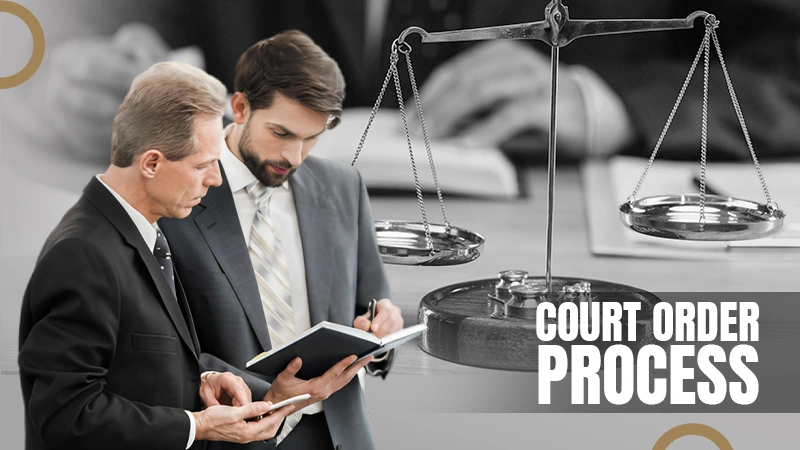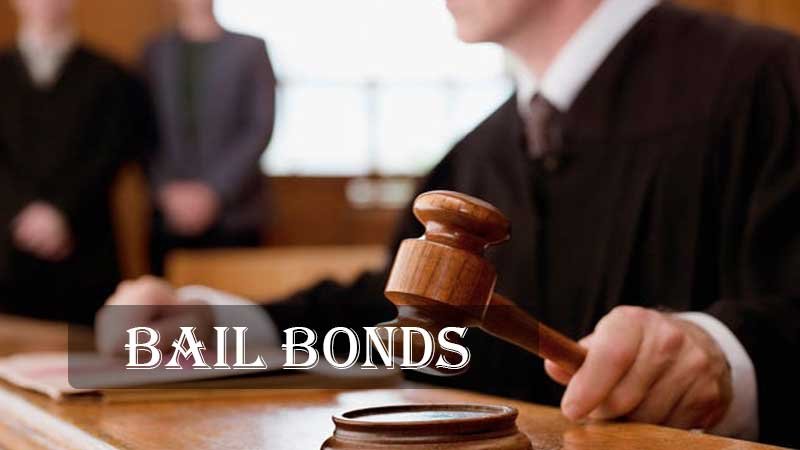What can happen after pressing criminal charges
Having to be arrested or charged with criminal activity can come with its own set of consequences. It’s hard enough to deal with the physical and emotional repercussions; it’s even harder when you’re not sure what conditions you will face in the future.
For you to determine where you stand and how to move forward with criminal charges, you need to immediately hire an attorney from The Medlin Law Firm. Read on to learn what happens after criminal charges are pressed.
How Do Charges Get Filed?
If you or someone else becomes a victim of a crime, the police will go to the site and take statements from witnesses. The district attorney’s office receives the police report and assigns an attorney to represent the defendant. The prosecutor will decide if to press charges or not based on information in the police report and any comments from victims or witnesses.
Also Read:- What to Do If You’re Accused of a Crime
Despite the victim’s desire for charges to get filed, a prosecution is not always possible due to a lack of evidence or problems with the police process.
What Happens If You Press Charges?
If the police make an arrest, a report gets filed against the offense. When the prosecutor reviews the police report, they will decide whether or not the crime is severe enough to warrant criminal charges. The prosecutor may also present the matter to the grand jury and ask them to decide on criminal charges.
Then the judge schedules a preliminary hearing to determine whether sufficient evidence exists to continue with the case. The average time for the prosecutor to file charges is three days. Some jurisdictions include time limits on how soon a prosecutor can file criminal charges.
What Does Pressing Charges Against Someone Mean?
To press charges against an individual implies bringing criminal charges against that person. A prosecutor is responsible for this. Victims are not required to submit criminal charges, but a prosecutor will need information from a police report regarding an offense committed against them to bring criminal charges.
Also Read:- When Faced with Criminal Charges: How to Steer the Direction of Your Case
In contrast to filing a lawsuit, you will not be responsible for gathering evidence or footing the bill for the case. Similarly, when you file a civil lawsuit, you stand to earn nothing monetarily from a favorable court ruling. However, as part of a deal, you may agree to accept monetary compensation in exchange for pleading guilty to a lesser charge.
Can You Tell If Someone Has Pressed Charges Against You?
If someone has filed accusations against you, you can find out about it. It is a misconception that an arrested individual gets informed of the specific charges against them. Until an arraignment, the person who arrested you will not reveal the nature of the charges.
You will be formally charged and allowed to enter a plea during your arraignment. If you are currently in police custody and have not received satisfactory answers to your questions, your defense attorney may help.
Nonetheless, there are ways to learn the filed charges against you before arraignment. You have the right to access police reports that pertain to events in which you are a suspect. The police report will detail any charges filed against you.
Even if you don’t get arrested, you should check in with your local criminal court to see if you have any upcoming court dates or pending cases. Getting an investigations lawyer as soon as possible once charged is best to have a better chance of pre-trial talks.
You may also request a record check from the police. If the police are looking into your possible crime involvement but have not yet filed charges, they are under no obligation to inform you that they are doing so.
Can You Face Jail Time If a Report Gets Filed Against You?
Even if a report gets filed, it does not necessarily mean the police will come and take you into custody. If you are a flight risk or a witness/victim influencer, you may be sent to jail while the court makes its judgment. Your charges and record will play a role in this judgment as well.
There are different variables to consider when determining the fate of a criminal case. Sometimes, the prosecution or the defense cannot predict these variables, and things play out in a completely foreign way. Even so, everyone involved in a crime or criminal trial should ensure that they prepare for anything that could happen and that they have done everything possible to stay one step ahead of their opponents.
Follow Us
Latest Post
















